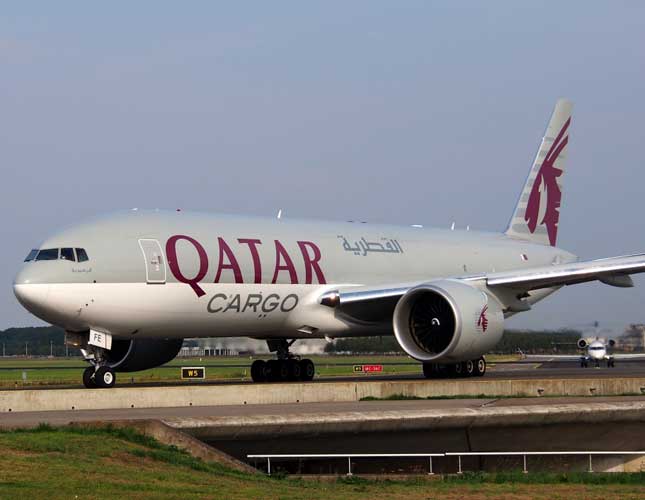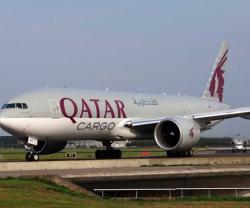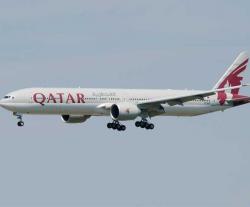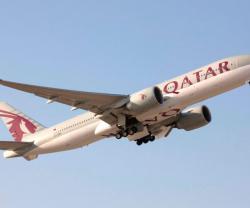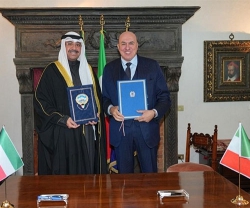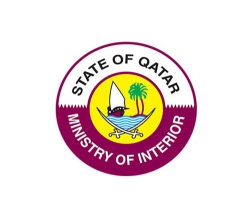Qatar Airways Cargo said it will fully adopt, implement and integrate the next generation messaging standard, Cargo Extensible Mark-up Language or Cargo-XML in its core cargo management system, CROAMIS, Qatar News Agency (QNA) reported.
The company becomes the first to implement the system. The Cargo-XML messaging is an initiative mandated by International Air Transport Association (IATA) as a preferred standard for electronic communication between airlines and other air cargo stakeholders such as shippers, freight forwarders, ground-handling agents, regulators, as well as customs and security agencies.
IATA’s Cargo-XML eliminates the constraints posed by the traditional Cargo Interchange Message Procedures (Cargo-IMP) standard and is designed to promote greater and seamless data interfaces. The new messaging standard while providing better data quality, will also simplify the electronic data interchange between airlines and other air cargo stakeholders.
Cargo-XML is recognized as the universal language for improving e-commerce, and therefore facilitates growth in trade and encourages participation in global commerce through electronic data submission for all air cargo shipments. The new messaging system supports easier transmission of more electronic documents, thereby streamlining air cargo processes and reducing their costs.
Qatar Airways Cargo Chief Officer Ulrich Ogiermann said that the company was proud to “be the first carrier to complete the adoption of Cargo-XML messaging standards mandated by IATA. Qatar Airways Cargo is already at the forefront, collaborating with IATA on other such initiatives. With the implementation of this new messaging standard, we are now able to offer numerous benefits to our partners in the supply chain including customers and regulatory authorities who have adopted Cargo-XML.”
IATA Global Head of Cargo Glyn Hughes also commented: “With its adoption of Cargo-XML Qatar Airways is bringing the freight industry one step closer to achieving messaging standardization on a global scale.”
He added that achieving that not only facilitates trade growth and improves cargo security, it also helps to ensure that the millions of tons of air cargo transported annually from medicines to crucial electronic components reach the consumer more easily.
The Cargo-XML specifications are compatible with other industry standards such as the World Customs Organization (WCO) and International Standards Organization (ISO), hence adopting a common messaging standard for all air cargo shipments will lead to the transfer of technically correct information between airlines and customs. Cargo-XML enables Qatar Airways Cargo to enhance its information exchange directly with customers and other business stakeholders, thereby reducing the dependency on messaging intermediaries and other associated costs.
Cargo-XML perfectly complements the carrier’s e-initiatives such as e-AWB, e-freight, e-CSD and e-booking. Last year, Qatar Airways Cargo successfully rolled out its Cargo Reservations, Operations, Accounting and Management Information System (CROAMIS), developed through an innovative co-funded model between Qatar Airways Cargo and the global IT service provider Wipro.
The system incorporates the latest practices in business functions including sales, pricing, cargo ground handling, and ULD Management. It also provides an integrated revenue management module for inventory management, cargo load and revenue optimization and also has a robust cargo revenue accounting suite. CROAMIS enables comprehensive automation of the airline’s core business functions and supports collaborative operations across the airline’s cargo supply chain to promote cargo carrier’s growth in the coming years.

